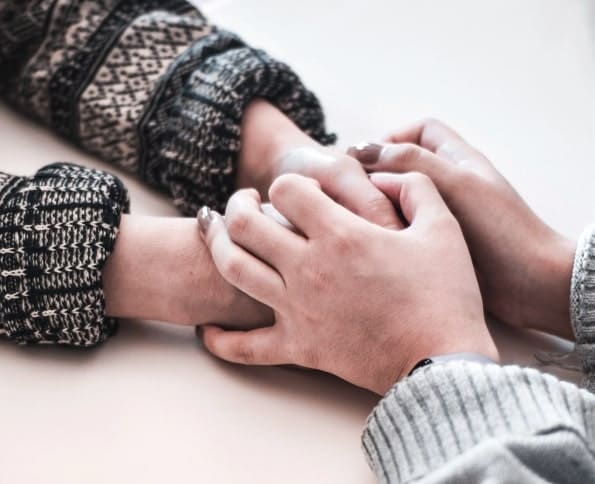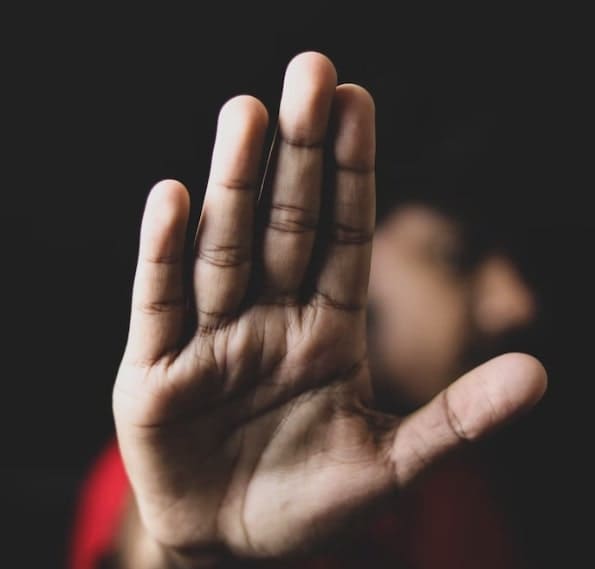GREEN CARDS FOR VICTIMS
OF CRIME OR ABUSE
Domestic violence refers to many kinds of abuse committed by a member of a family, a household, or an intimate partner against another member of the family, household, or against the intimate partner. “Domestic Violence” also refers to many forms of abuse committed by one person against another in certain dating relationships or engagements.
You can seek a court order to protect you if your abuser
- Harms you physically,
- Tries to harm you physically,
- Makes you afraid that serious physical harm is going to happen to you, or
- Threatens, pressures or forces you to have sex.
If you are a victim of domestic violence, you have the right to be safe, regardless of your legal status in the United States. You may worry that you don’t have the right to call the police if you are being abused, but that is not true.
When you contact police about domestic violence, their duty is to protect you from your abuser. They are not supposed to call ICE to inform them you are in the United States without legal status.
If you are afraid of your abuser or think they may hurt you, you can go to the court or the police to ask for a restraining order.
If you are a victim of domestic violence and you do not have legal status in the US, you should contact immigration lawyers and advocates to help protect you.

VICTIMS OF CRIMES
Temporary nonimmigrant visas are available for victims of certain crimes. These nonimmigrant visas are divided into the following three categories:
- S visas for victims of organized crime or terrorism
- T visas for victims of human trafficking
- U visas for victims of violent crimes (some common examples include domestic violence, involuntary servitude, kidnapping, false imprisonment, assault, blackmail, and extortion)
All three of these visa categories allow for a potential stay of three years and the eventual possibility to apply for lawful permanent residence. But because each of these visas requires a victim to cooperate in any criminal prosecution, speaking with an attorney before seeking one is highly recommended.
VICTIMS OF DOMESTIC VIOLENCE
The 1994 Violence Against Women Act (VAWA) and the Battered Immigrant Women’s Protection Act of 2000 allow individuals who are married to U.S. citizens or lawful permanent residents to obtain residency in two ways — through self-petitioning or through cancellation of removal. Self-Petitioning / Battered Spouse Petitions — Instead of depending upon a spouse to apply for residency, a victim of domestic violence can apply for residency independently. The resident spouse plays no role in the process and does not have to know that the applicant is filing a VAWA claim. VAWA is complicated, however, and you should consult with a lawyer before proceeding. Cancellation of Removal — This option is available to applicants who are in, or who can be placed into, removal proceedings. Because applicants must be in removal proceedings before VAWA cancellation of removal is possible, it is necessary to see an immigration attorney before this type of VAWA relief is sought.
If you’re serious about discovering how to win your permanent residency…
Let’s schedule your Strategy and Planning Session today! We are here to help you.
